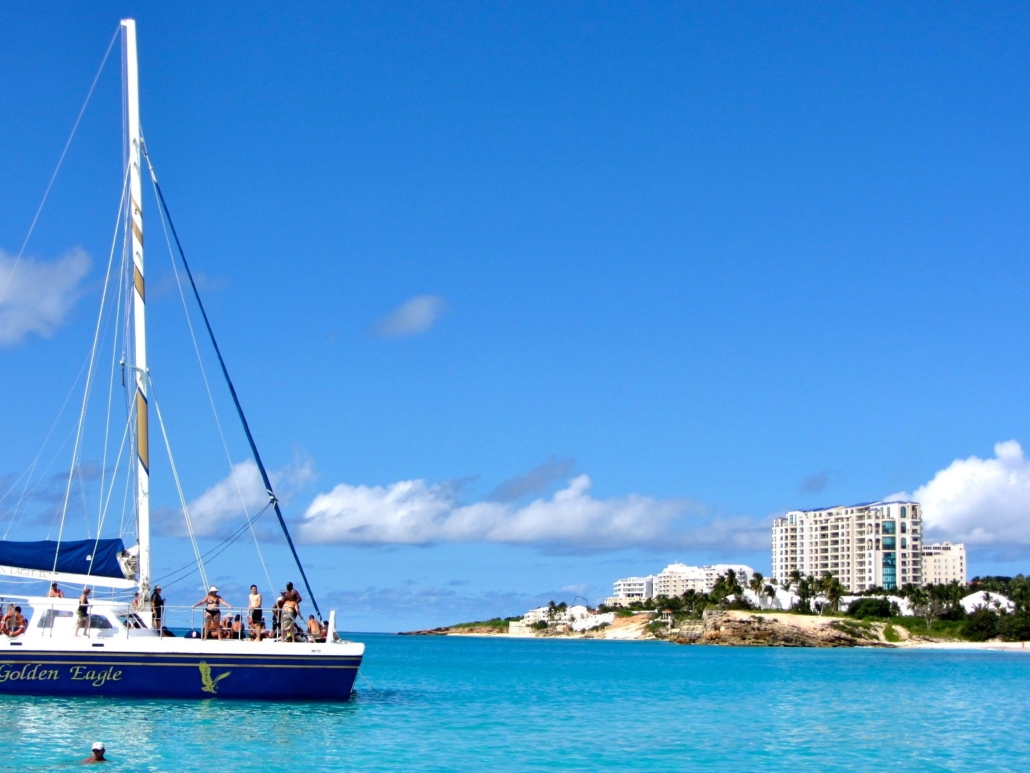5 Facts About Poverty in the Caribbean

The Caribbean is a region in the mid-Atlantic Ocean composed of island nations known for their easy-going lifestyle and beautiful weather. The Caribbean has everything that a tourist looking for the perfect beach vacation could want; from historical landmarks to world-renowned beaches and more, the Caribbean is a popular choice for vacationers of all preferences.
However, like many tourist destinations, the Caribbean has economically successful tourist towns bordering impoverished villages. The region boasts mansions of the world’s ultra-wealthy but also houses an astounding number of the world’s extremely poor. Despite the wealth that a healthy tourism industry can bring to a country and a people, many inhabitants of the Caribbean’s island nations experience extreme poverty. Here are five facts about poverty in the Caribbean.
5 Facts About Poverty in the Caribbean
- The Caribbean is one of the poorest regions of the world. Currently, about 32% of people in the Caribbean live below the poverty line. While one in three below the poverty line is already too many, it is not the highest rate of poverty in the world. However, because of the lack of economic growth, poverty in the Caribbean is worsening, and the Caribbean is on track to become the poorest region in the world as soon as 2050.
- Haiti is the poorest country in the Caribbean. Overrun by gangs, damaged by natural disasters and vulnerable to corruption, Haiti is a fragile nation. The economy often experiences crashes and has had an average of 2% negative growth over the last four years. Because of their weak economic state, people are ransacked by extreme poverty without hope of leadership or guidance from the government.
- Poverty in the Caribbean causes two challenges that ultimately lead to increased amounts of trafficking and other crimes — unemployment and institutional weakness. Unemployment in the Caribbean is high, averaging more than 7% across all of the countries, so many have to find ways to generate income other than a traditional job. In addition to relatively unsteady labor markets, Caribbean countries often suffer from corrupt or otherwise weak governments and unstable economies. Because these institutions are unreliable, Caribbean persons often have to resort to crime and trafficking to make money and stay out of extreme poverty.
- The massive dip in tourism that COVID-19 brought on shocked Caribbean economies and halted growth, even in the wealthier countries. Tourism makes up nearly a quarter of the Caribbean’s total GDP. The Caribbean depends on tourism to create jobs and continue the cycle of money in and out of the country. Because the pandemic nearly eliminated travel in all parts of the world, the Caribbean suffered from a huge cut in income for many consecutive months during the height of the pandemic. This hit to the economy increased poverty in all Caribbean countries, even those who had previously been on the road to economic success, including Barbados and Jamaica.
- The Caribbean depends on foreign investment to keep its economy alive. In 2021, Latin America and the Caribbean received nearly $143 billion in foreign investment. The COVID-19 pandemic decreased foreign investment because main investors like the U.S., the U.K. and Canada shifted resources from foreign investment to their domestic fights against the pandemic. An unforeseen lack of foreign aid shocked the Caribbean economy and caused many to fall below the poverty line. Since 2020, foreign aid has steadily increased but has not yet reached pre-pandemic levels and poverty rates have remained high.
Looking Ahead
Although the Caribbean is one of the poorest regions in the world with weak institutions, trafficking issues and challenges from COVID-19, the tourism industry offers these countries opportunities for economic growth. As long as the natural beauty of the region can be preserved, the Caribbean can expect a steady and even growing tourism sector that creates jobs and brings money into local economies. This sector has the power to bolster the entire region’s economy and decrease the poverty rate in many island nations.
– Suzanne Ackley
Photo: Flickr
